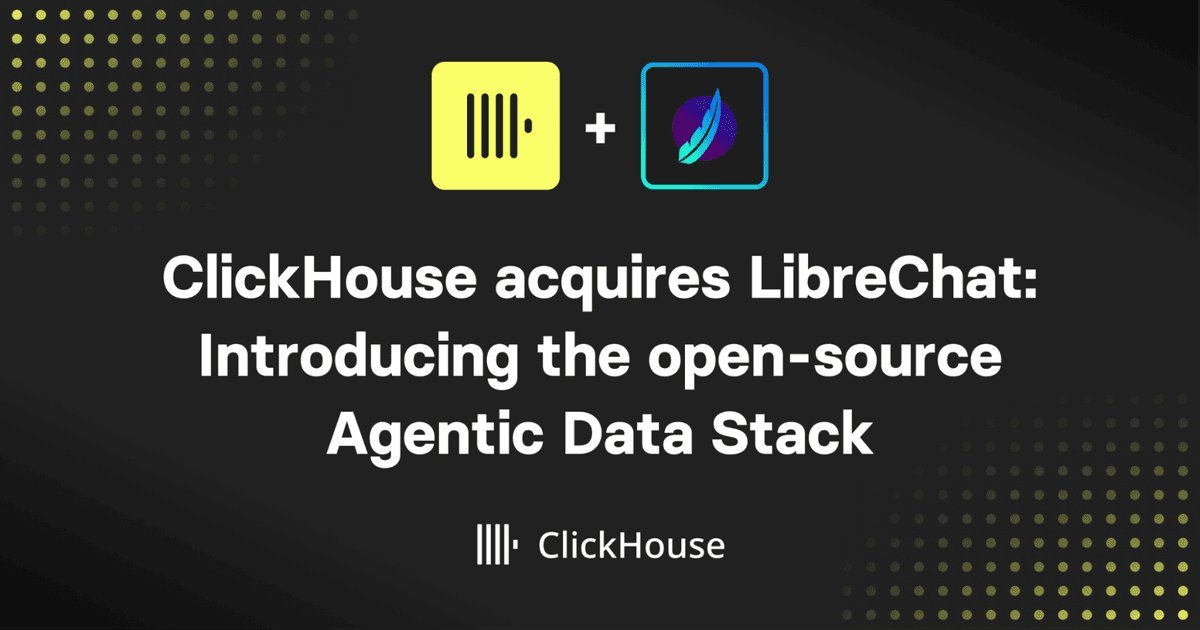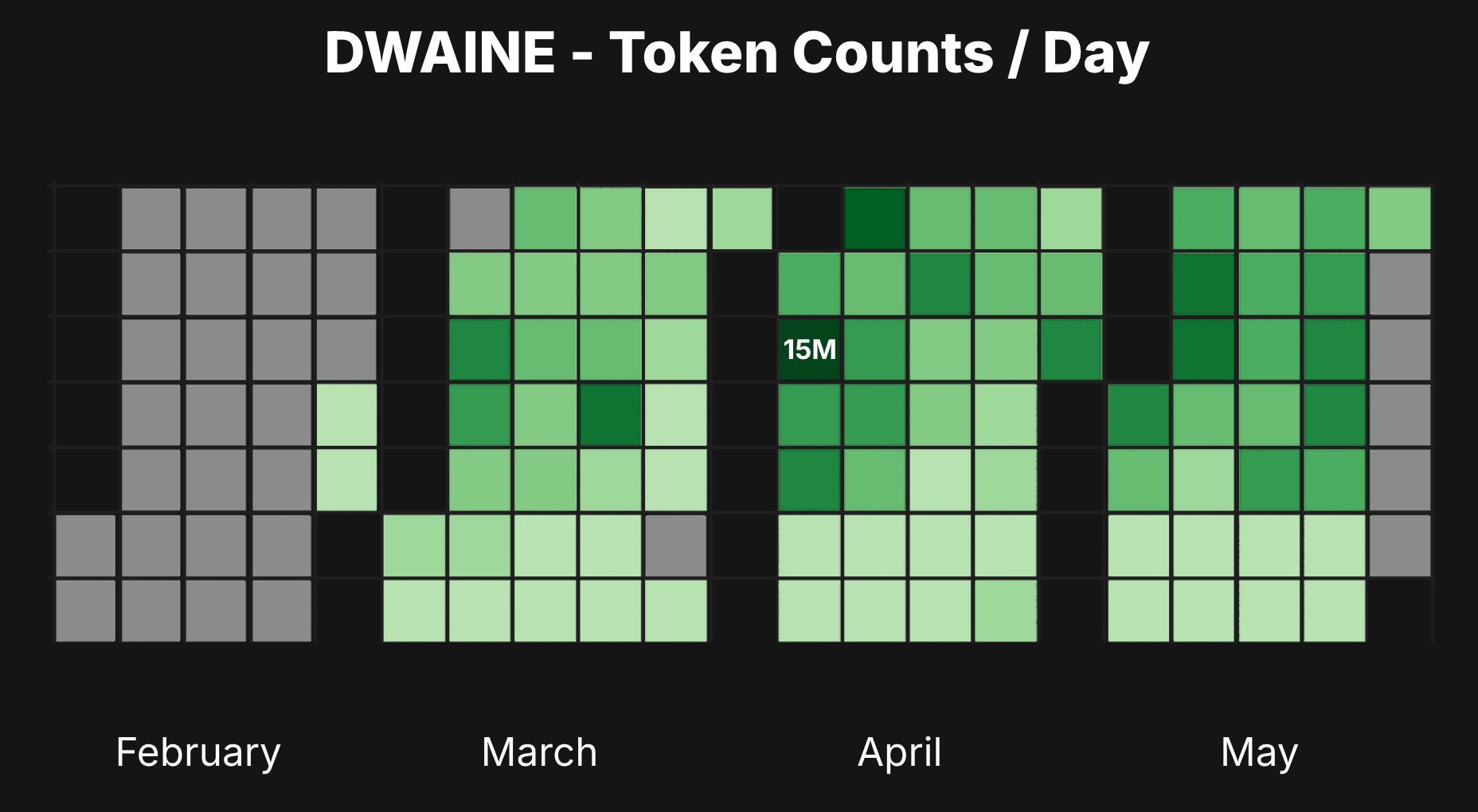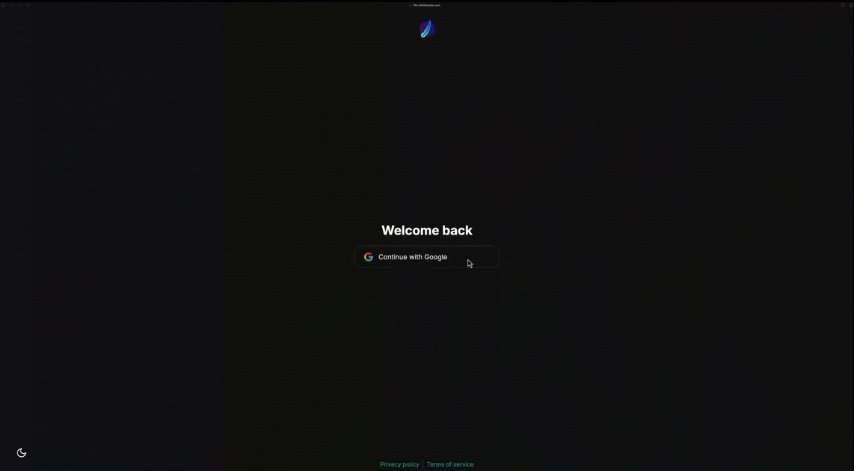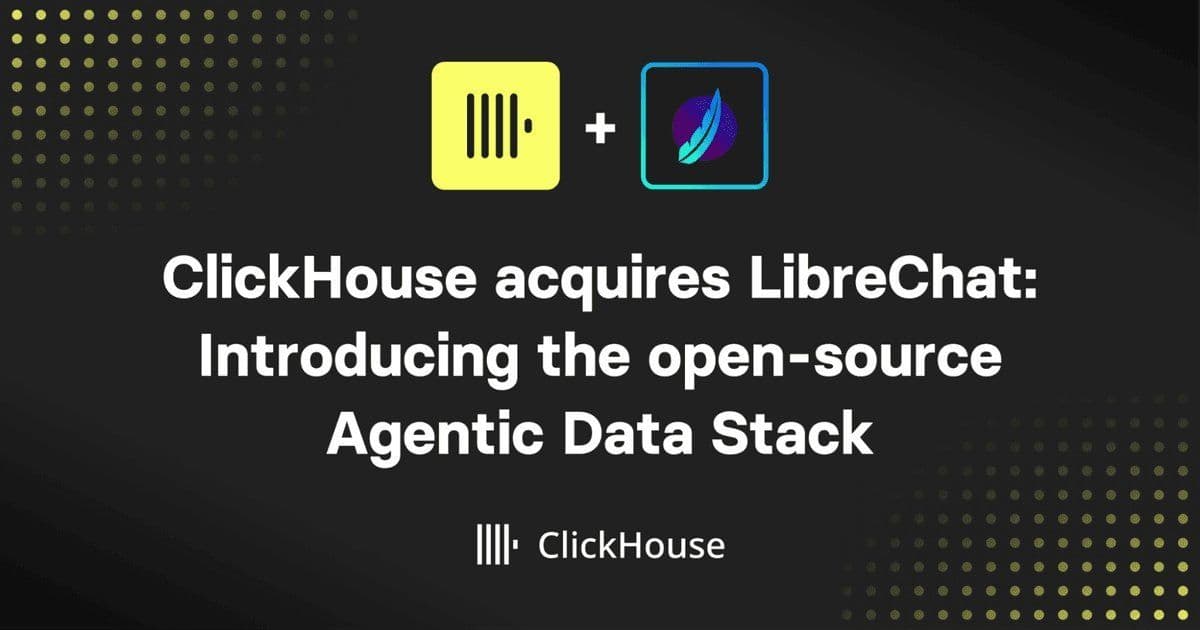ClickHouse has acquired LibreChat, the leading open-source AI chat platform, to create a unified Agentic Data Stack that integrates conversational AI with real-time analytics. This merger promises to accelerate data insights for enterprises by enabling natural language interactions with massive datasets, as demonstrated by adopters like Shopify and Daimler Truck. The move signals a major shift toward democratizing AI-driven analytics while maintaining open-source principles.
In a strategic move poised to reshape the analytics landscape, ClickHouse has announced its acquisition of LibreChat, the popular open-source platform that provides a unified interface for interacting with large language models (LLMs). This integration aims to realize ClickHouse's vision for an "Agentic Data Stack," where LibreChat's flexible AI agent framework merges with ClickHouse's high-performance analytics engine. The result? Organizations can now build and deploy AI agents that allow users to query, analyze, and visualize complex datasets in seconds using plain language—all while retaining full data control. LibreChat founder Danny Avila and his team will join ClickHouse, reinforcing a shared commitment to open-source innovation.

Real-World Impact: Enterprises Embrace Agentic Analytics
Early adopters highlight transformative gains in productivity and insight velocity. Shopify, for instance, uses a customized LibreChat fork to power internal AI tools, enabling employees to access company data securely. Matt Burnett, Senior Engineer at Shopify, notes: "LibreChat powers reflexive AI use across Shopify. With near universal adoption and thousands of custom agents, teams use it to solve real problems, increase productivity, and keep the quality bar high." Similarly, Daimler Truck leverages LibreChat to democratize AI access globally while ensuring compliance, calling it a gateway to "innovation and progress."
Other innovators include:
- cBioPortal for Cancer Genomics: Their chat-based cBioAgent, built on ClickHouse and LibreChat, allows researchers to explore cancer data via natural language. Ino de Bruijn, Manager of Bioinformatics Software Engineering, emphasizes: "It puts discovery at cancer researchers' fingertips."
- Fetch: The rewards app uses the stack for its FAST AI tool, turning purchase data into business intelligence. Sam Corzine, Director of Machine Learning, sees this as "the future of data interaction."
- ClickHouse itself: Internally, LibreChat handles ~70% of data warehouse queries, with Director of Engineering Dmitry Pavlov reporting a "remarkable productivity boost" from 33 million daily LLM tokens.
Why Agentic Analytics? Collapsing Time to Insight
Traditional analytics workflows involve slow, multi-step processes—data engineers write queries, analysts build dashboards, and business users interpret results. ClickHouse's Agentic Data Stack slashes this latency to seconds. For example, their internal agent, Dwaine (Data Warehouse AI Natural Expert), lets teams ask questions like "What's driving the spike in churn last week?" and instantly receive answers with supporting queries and visualizations.  shows Dwaine's explosive growth, from 15 million to 33 million tokens daily in months. Public demos like AgentHouse showcase this potential, allowing real-time exploration of datasets.
shows Dwaine's explosive growth, from 15 million to 33 million tokens daily in months. Public demos like AgentHouse showcase this potential, allowing real-time exploration of datasets.
The Open-Source Edge and Challenges
Both ClickHouse and LibreChat operate under open-source licenses (LibreChat remains MIT-licensed), fostering community-driven development. This acquisition extends their "composable stack" philosophy, similar to past integrations like PeerDB for CDC. However, agentic analytics isn't without hurdles. LLM hallucinations—where models generate confident but incorrect responses—require mitigations like enriched context (e.g., via SQL COMMENT syntax) and rigorous evaluations. Robust data grounding and continuous monitoring are essential for production reliability.
What’s Next for Developers and Users
Existing LibreChat deployments remain unchanged, with ongoing community support via Discord and Slack. For ClickHouse users, tighter integrations are coming, including:
- Seamless embedding of LibreChat within ClickHouse Cloud
- Enhanced data visualization and OAuth security
- Tailored semantic layers for context-aware queries
A notable change: LibreChat's Code Interpreter API will be discontinued by May 1, 2026, with a six-month transition for current users. ClickHouse encourages developers to explore the Agentic Data Stack through AgentHouse or their documentation.  demonstrates the fluid user experience. As analytics evolves beyond dashboards, this merger could accelerate a future where natural language unlocks data's full potential—democratizing insights for all enterprises.
demonstrates the fluid user experience. As analytics evolves beyond dashboards, this merger could accelerate a future where natural language unlocks data's full potential—democratizing insights for all enterprises.
Source: ClickHouse Blog

Comments
Please log in or register to join the discussion